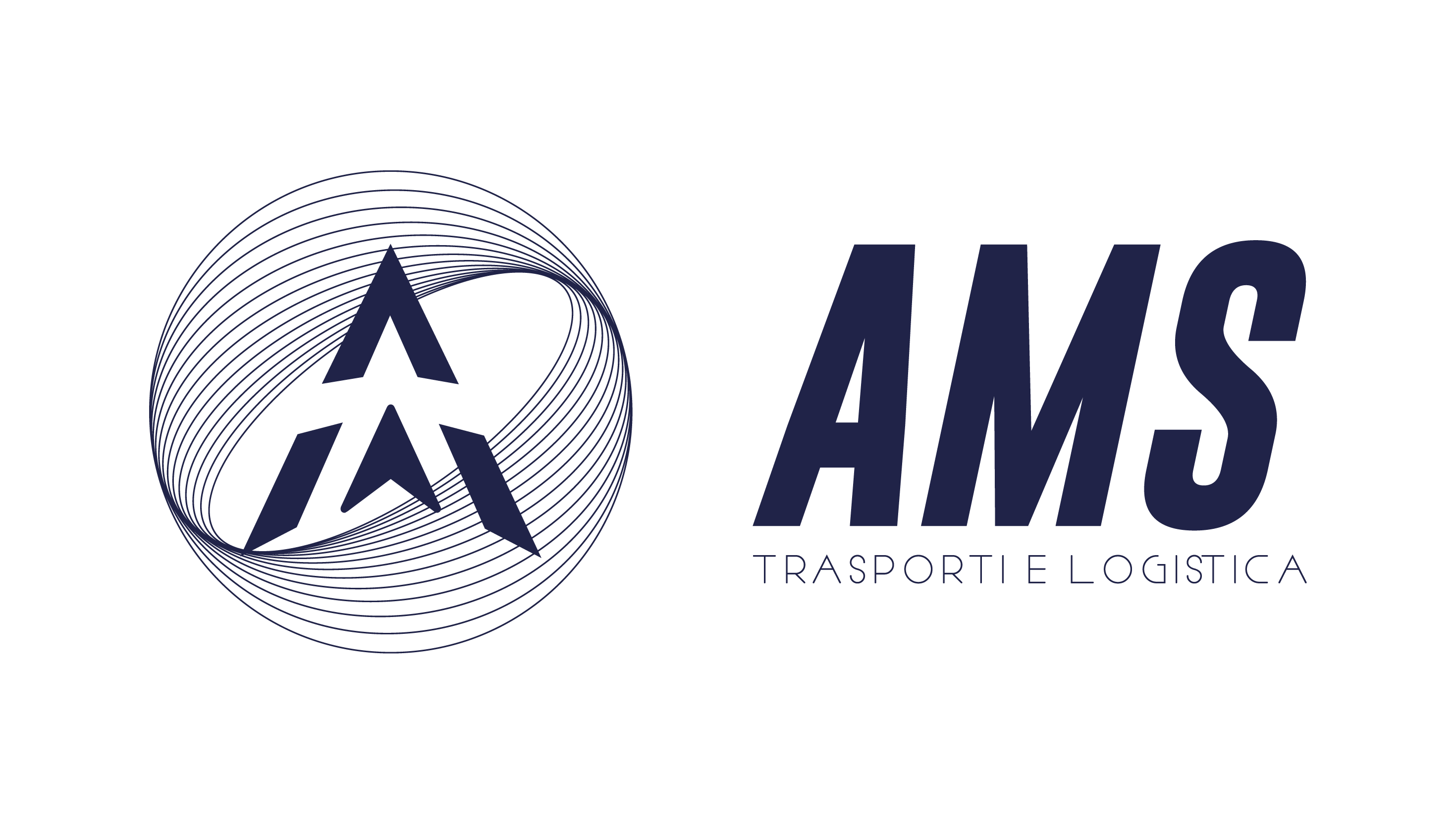Obtaining Organic Certification: Basic Rules and Requirements
"Organic certification" is a crucial recognition for companies that wish to label their products as "organic." Without this certification, the organic logo is out of use, and the product cannot be defined as such. This article addresses the most common questions related to organic certification and explains in detail the rules for obtaining it.
What is Organic Certification?
Organic certification is a certificate issued by an appointed certifying body. Its purpose is to recognize that a company meets the specific requirements necessary to define a product as "organic." The use of the organic logo is closely tied to this certification. In essence, without organic certification, a product cannot be labeled as "organic."
What Do Certifying Bodies Do?
Certifying bodies conduct thorough checks in four key areas throughout the supply chain to issue organic certification. These areas include production, preparation, marketing and import. These checks ensure the traceability and quality of organic products.
Who Must Obtain Organic Certification?
Anyone wishing to market products with the organic logo must adhere to European regulations that establish the requirements necessary to obtain organic certification and use the organic logo. This applies to all actors in the supply chain, including farmers, ranchers, processors and importers of organic products.
How is Organic Certification obtained?
Organic certification is regulated by European legislation, specifically EU Regulation No. 2018/848, which is valid throughout the European Union, including Italy. Companies must follow these steps:
- Choosing an Inspection Body: The company must select an inspection body authorized by the Ministry of Agriculture Food and Forestry (MASAF) and provide all necessary documentation.
- Notify the Region: Notification to the regional authority where the company is located marks the beginning of the certification process.
- Adopting the Organic Standards: The farm must adhere to the standards for organic production from the date of notification.
- Conversion Period: A conversion period, usually 2-3 years, allows production to be converted to organic production, decontaminating soils, crops and livestock from chemicals or GMOs.
- Communicating Variations: Any changes in the production process must be reported within 15 days.
Labeling: After notification, the labeling may state "in conversion to organic farming." Once certified, "produced by organic farming" can be used on the label.
Requirements for Organic Products
To obtain organic certification, products must contain at least 95 percent organic ingredients and meet strict conditions for the remaining 5 percent. An important point to note is that the same ingredient cannot be present in organic and non-organic form at the same time in an organic product.
AMS and the Preservation of Organic Products.
AMS, with its prime location, has one of the very few warehouses in Italy licensed to store organic products. This capacity is critical to ensure the availability and quality of organic products throughout the supply chain. Thanks to AMS, the organic produce supply chain in Italy can rely on reliable and professional stock management.


